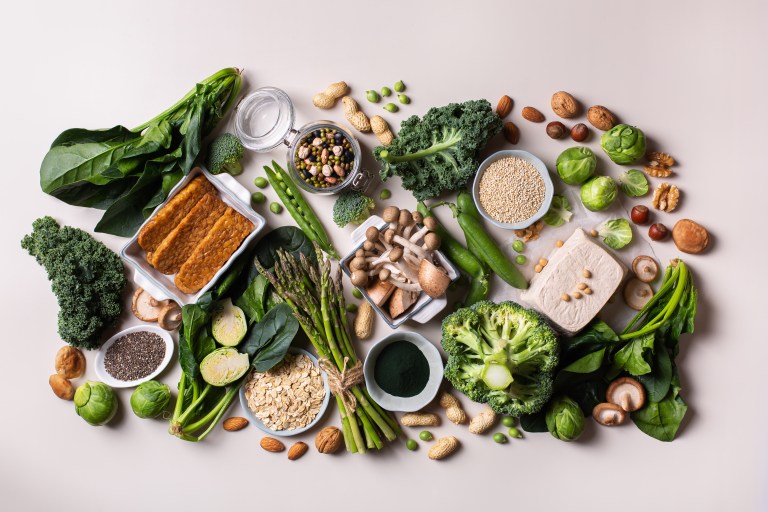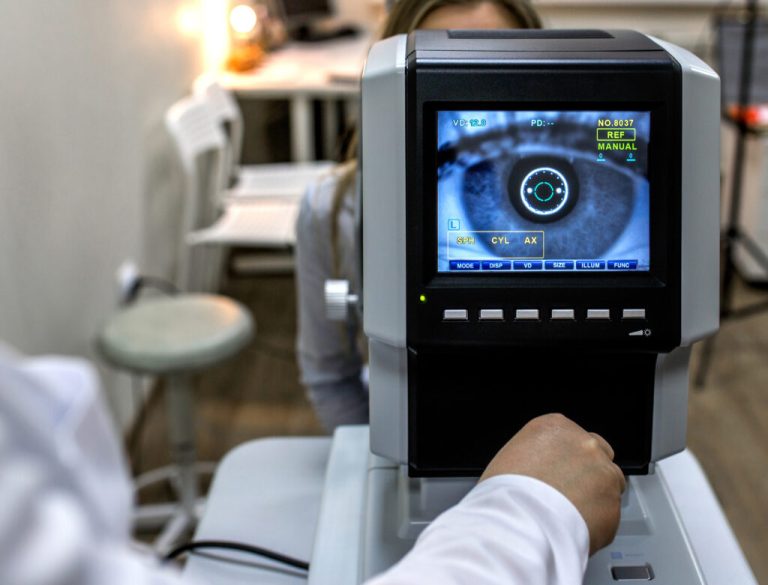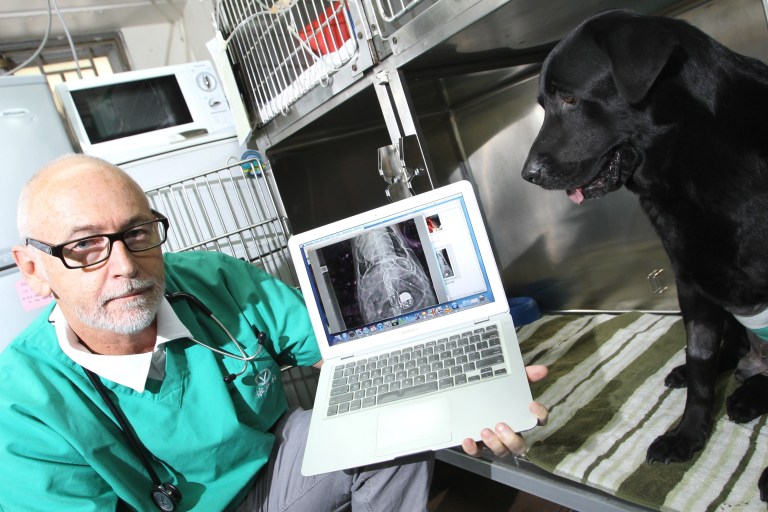It’s officially 2023!
As each new year arrives, many of us find ourselves swept up in the excitement of a fresh start. But the potential can sometimes turn to pressure as we set grand (and often unrealistic) New Year’s resolutions. While detailing specific goals — like vowing to get healthy, cut back on TV, and finally pursue that big dream you’ve had — works for many, others may benefit from a different approach.
Marriage and family therapist Paula Delehanty recommends framing resolutions as practices instead of restrictions. “The resolution could be, ‘I’m going to practice smiling more,’” she told Nice News, adding that “the emphasis is not on ‘how can I improve myself?’” but rather, ‘“how can I add to my happiness?’”
Read on for five science-backed practices that can help add to your happiness this year — and every year.
Give Back
This one is a win-win for all involved. Volunteering has been linked to longer lifespans, increased happiness, and even lower blood pressure. And research has shown that donating money activates the pleasure centers in the brain. There are tons of ways to get involved: head to VolunteerMatch to find an opportunity in your area, or check out CharityWatch to find a nonprofit to support.
If you can’t commit to an organization or contribute monetarily at the moment, that’s OK. Giving back isn’t a go big or go home kind of game. A 2022 study showed that even small acts of kindness, like baking someone cookies, can have a meaningful impact on the recipient. Try the Mayo Clinic’s free Kickstart Kindness program for suggestions and encouragement.
Nurture Your Relationships
In 1938, scientists began tracking Harvard University sophomores during the Great Depression in an effort to understand what makes for a long and happy life. Almost 80 years later, in 2017, they had their answer: “our relationships and how happy we are in our relationships has a powerful influence on our health,” study author Dr. Robert Waldinger said at the time. Learn how you can maintain your own bonds through mindful communication.
And relationships aren’t limited to only friends and family. We form them with grocery store workers and delivery people as well as with animals and the environment, Delehanty told Nice News. “It’s about connection and how genuinely we connect,” she said.
Give Thanks
Each day, pause and take stock of your own good fortune. Regularly practicing gratitude has been linked to greater social connectedness, improved physical health, and decreased stress, according to USC experts.
To reap the benefits of a regular gratitude practice, check out these 13 tips, including keeping a gratitude journal and finding yourself a “gratitude rock.”
Turn Up the Tunes
How’s that for a resolution you can keep? Science has shown that music can both positively affect our well-being and connect us to others. Board certified music therapist Elisha Ellis Madsen suggests creating playlists to promote and encourage specific behaviors. For example, a morning playlist “that sets the tone for the day with positive and uplifting tunes,” and another to help you relax you as you prepare for bed.
She also recommends singing, explaining to Nice News that the act “reduces cortisol levels (the stress hormone) and releases endorphins, serotonin, and dopamine (the happy hormones).” There’s your excuse to belt out your favorite songs in the shower!
And while you’re at it …
Dance
Exercise has myriad benefits for both physical and mental health, but working out can often feel like a chore, Amber Richard Bauer, a doctor of physical therapy with a background in dance medicine, explained to Nice News. “Dancing is an excellent form of exercise that can be enjoyable and social, thereby increasing the likelihood of sticking to it,” said Richard Bauer.
Dancing can be adapted to various ranges of motion and can even be done seated or lying down, she shared. Best of all? There aren’t any rules: “Just do what feels good.”











